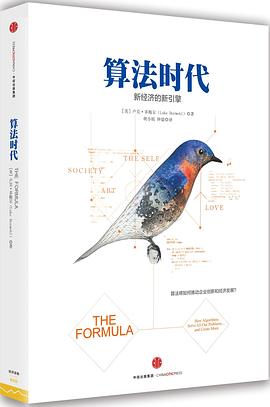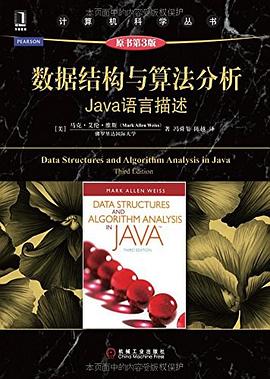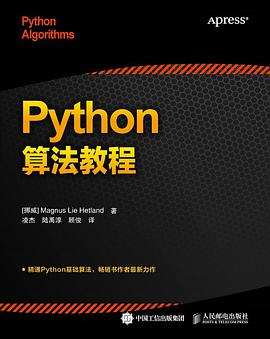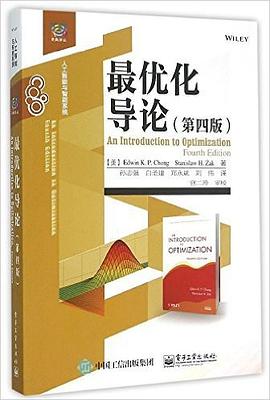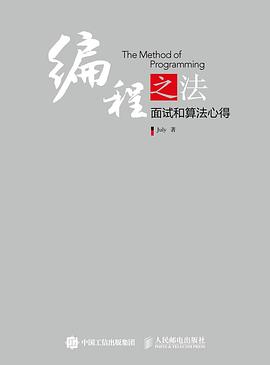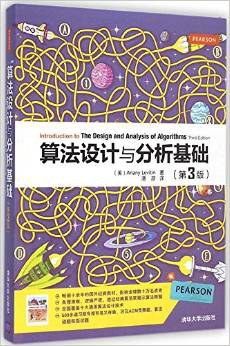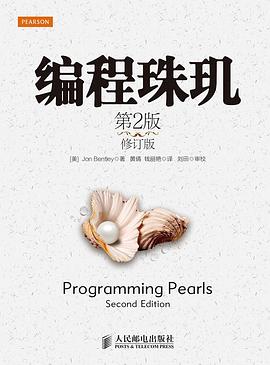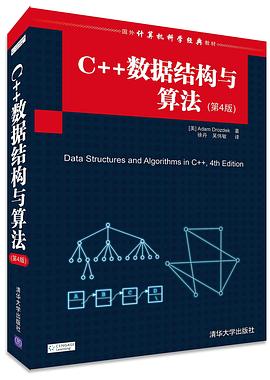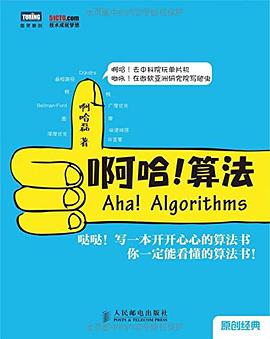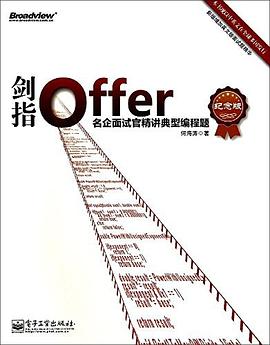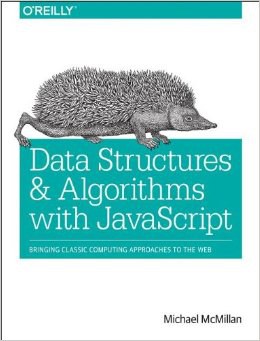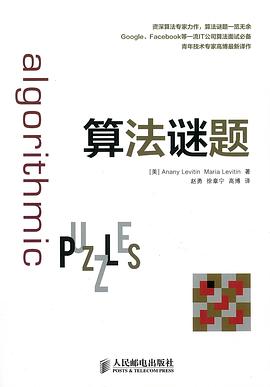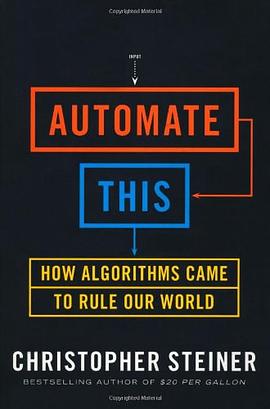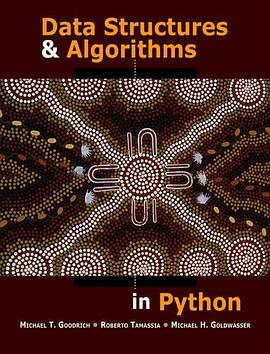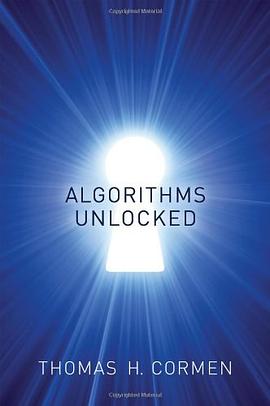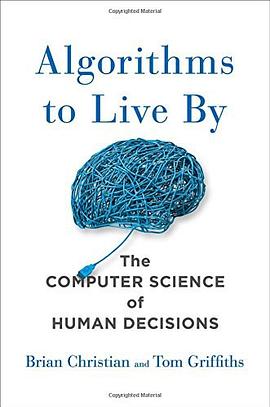

具体描述
About the Author
Brian Christian is the author of The Most Human Human, a Wall Street Journal bestseller, New York Times editors’ choice, and a New Yorker favorite book of the year. His writing has appeared in The New Yorker, The Atlantic, Wired, The Wall Street Journal, The Guardian, and The Paris Review, as well as in scientific journals such as Cognitive Science, and has been translated into eleven languages. He lives in San Francisco.
Tom Griffiths is a professor of psychology and cognitive science at UC Berkeley, where he directs the Computational Cognitive Science Lab. He has published more than 150 scientific papers on topics ranging from cognitive psychology to cultural evolution, and has received awards from the National Science Foundation, the Sloan Foundation, the American Psychological Association, and the Psychonomic Society, among others. He lives in Berkeley.
A fascinating exploration of how insights from computer algorithms can be applied to our everyday lives, helping to solve common decision-making problems and illuminate the workings of the human mind
All our lives are constrained by limited space and time, limits that give rise to a particular set of problems. What should we do, or leave undone, in a day or a lifetime? How much messiness should we accept? What balance of new activities and familiar favorites is the most fulfilling? These may seem like uniquely human quandaries, but they are not: computers, too, face the same constraints, so computer scientists have been grappling with their version of such issues for decades. And the solutions they've found have much to teach us.
In a dazzlingly interdisciplinary work, acclaimed author Brian Christian and cognitive scientist Tom Griffiths show how the algorithms used by computers can also untangle very human questions. They explain how to have better hunches and when to leave things to chance, how to deal with overwhelming choices and how best to connect with others. From finding a spouse to finding a parking spot, from organizing one's inbox to understanding the workings of memory, Algorithms to Live By transforms the wisdom of computer science into strategies for human living.
用户评价
##跟着小组分享重读了一遍
评分 评分##有幸参与到吴晓波书友会打卡读书的团队中和小伙伴们一起读书,历时17天终于完完整整的读完《算法之美》这本很赞的书,没有间断,大部分是利用在往返北京的城际和地铁上的时间,感觉很好:开卷有益为一好,利用时间为二好,习惯坚持为三好! 《算法之美》这本书颠覆了我对很多算...
评分 评分 评分##[如何使用算法,来选择理想的人生伴侣???] (本文字数6500+,读完之后应该会有所收获,建议按照顺序阅读,也可以直接看本文的最后一部分:情场上的出手时机) 最优停止理论:如何选择停止观望的时机? 所有的基督徒都会在结婚请柬的最前面郑重宣布,他们走进婚姻的殿堂是遵...
相关图书
本站所有内容均为互联网搜索引擎提供的公开搜索信息,本站不存储任何数据与内容,任何内容与数据均与本站无关,如有需要请联系相关搜索引擎包括但不限于百度,google,bing,sogou 等
© 2025 book.idnshop.cc All Rights Reserved. 静思书屋 版权所有

